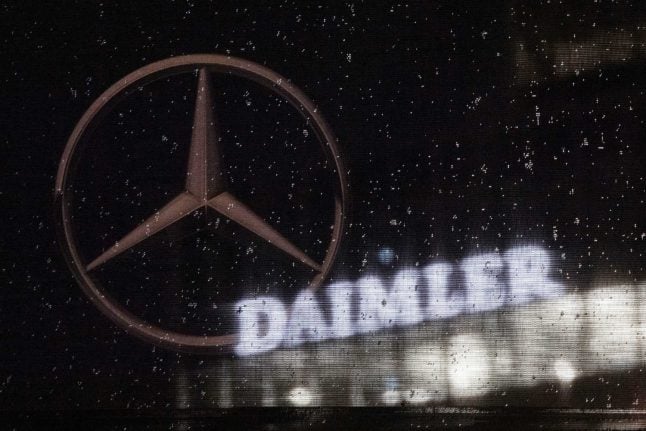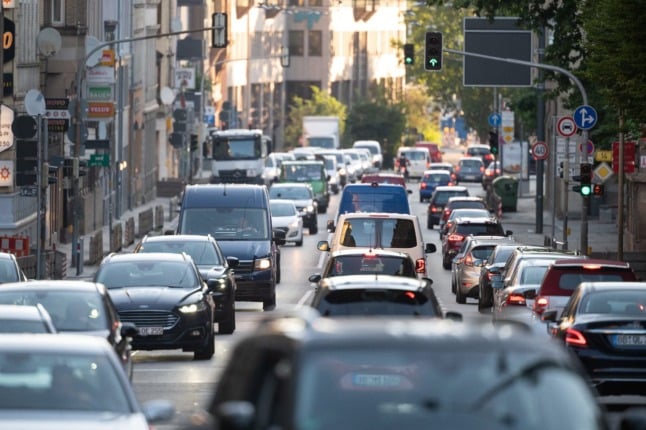Daimler stands accused of hiding the fact that it was using illegal software in diesel cars to cheat emissions tests.
“It is likely that in the course of the ongoing and/or further investigations KBA (Federal Motor Transport Authority) will issue additional administrative orders holding that other Mercedes-Benz diesel vehicles are also equipped with impermissible defeat devices,” the manufacturer wrote in its annual report.
KBA has already ordered the recall of nearly a million Mercedes cars.
The manufacturer disputes the illegality of the “engine management functions” under the spotlight but at the end of September agreed to pay a fine of 870 million euros ($944 million) for selling non-compliant vehicles.
Faced with the threat of new recalls, the manufacturer has suspended the sale of certain models “as a precaution”.
Total charges of 5.5 billion euros from dieselgate, which began with Volkswagen in 2015, and a mass recall of vehicles fitted with faulty airbags from supplier Takata contributed to net earnings slumping by 64 percent to 2.7 billion euros ($2.9 billion) last year.
According to its annual report, the group more than doubled its provisions for “governmental and legal proceedings and measures” with 4.9 billion euros ($5.32 billion) entered on the balance sheet for 2019 against 2.1 billion at the end of 2018.
It also increased its provision for possible related costs at 8.7 billion euros, as opposed to 7 billion at the end of 2018.
“The increase relates to ongoing governmental and legal proceedings and measures taken with regard to Mercedes-Benz diesel vehicles in several regions and markets, as well as an updated risk assessment for an extended recall of Takata airbags,” wrote Daimler.
Like the entire sector, Daimler is engaged in a race to reduce the level of CO2 emissions from its cars and comply with strict standards in force this year in the EU, under penalty of heavy sanctions.
“The ambitious statutory requirements will be difficult to fulfil in some countries,” it admitted.
Daimler chairman Ola Kallenius has, on several occasions, said that the new standards were a great challenge for the manufacturer. While he is hopeful of meeting standards “in the next few years”, that is “not guaranteed” for 2020 and 2021, he said last week.
Daimler also said that the coronavirus epidemic, centred on China, may have a negative effect on sales and lead to “major disruptions in production, purchasing markets and the supply chain”.



 Please whitelist us to continue reading.
Please whitelist us to continue reading.
Member comments